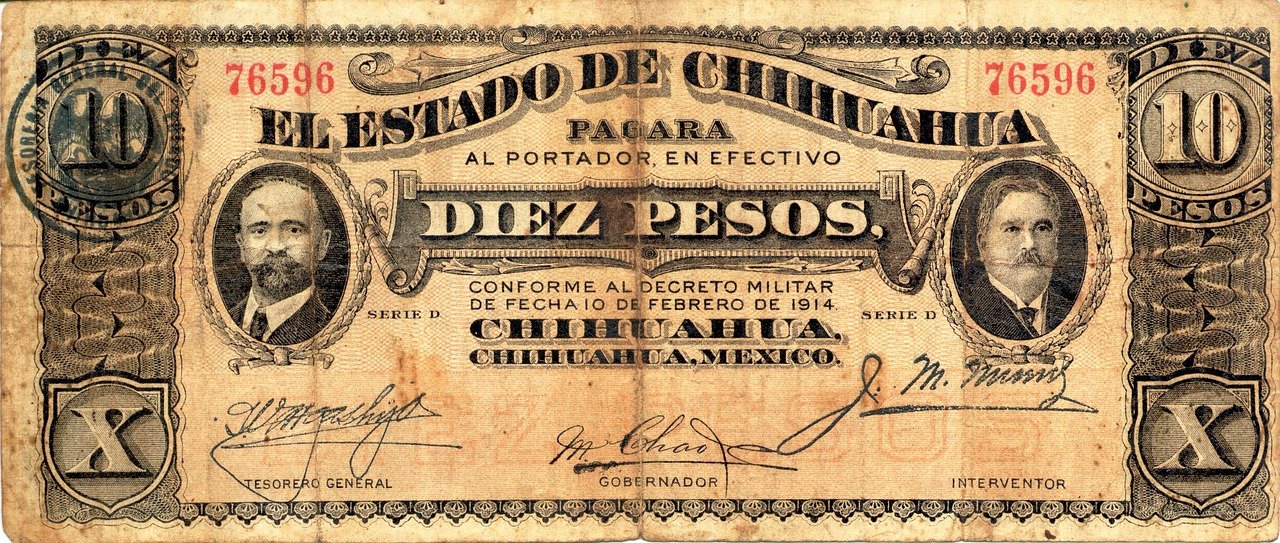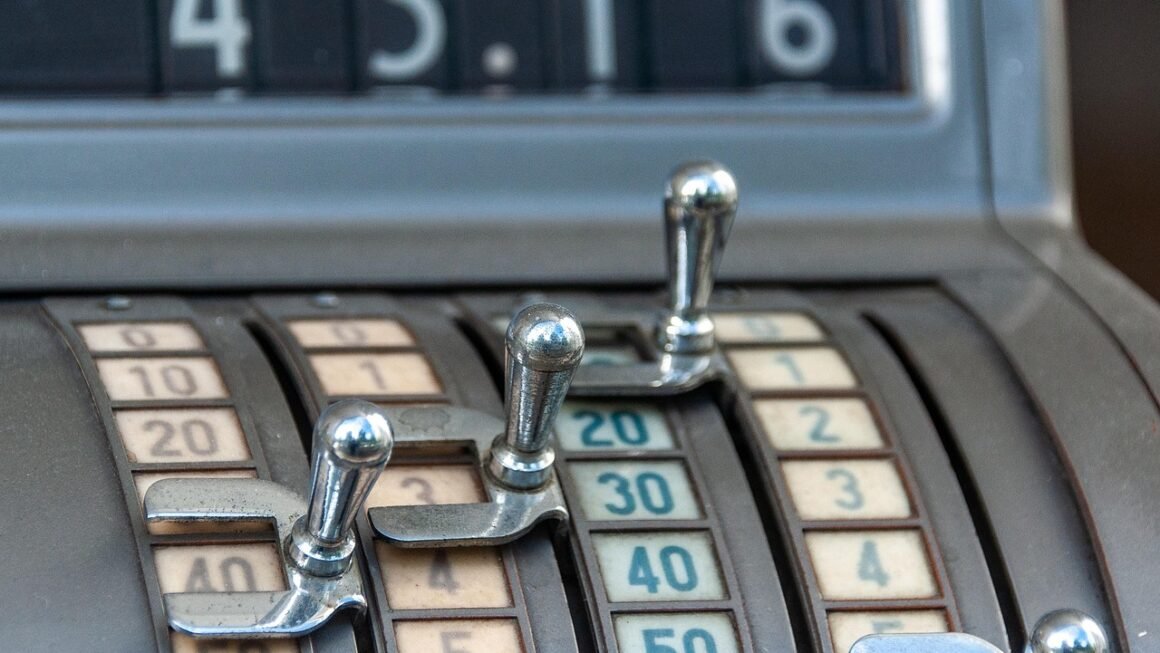Credit cards: those ubiquitous pieces of plastic that can unlock convenience, rewards, and sometimes, if not managed carefully, a world of financial woes. Navigating the credit card landscape can feel overwhelming, with countless options and complex terms. But understanding how credit cards work, choosing the right card for your needs, and using them responsibly is crucial for building a solid financial foundation. This guide will provide a comprehensive overview of credit cards, from the basics to advanced strategies for maximizing their benefits.
Understanding Credit Cards
What is a Credit Card?
At its core, a credit card is a revolving line of credit. The issuer (usually a bank or financial institution) provides you with a pre-approved credit limit, which you can use to make purchases. Instead of paying immediately, you receive a monthly statement outlining your spending. You then have the option to pay the full balance, a minimum payment, or any amount in between. Importantly, carrying a balance accrues interest.
- Credit limit: The maximum amount you can borrow.
- Interest rate (APR): The cost of borrowing money, expressed as an annual percentage rate.
- Minimum payment: The lowest amount you must pay each month to avoid late fees and damage to your credit score.
- Statement: A summary of your transactions, balance, and payment due date.
How Credit Card Interest Works
Understanding interest is critical. Let’s say you have a $1,000 balance on a card with an 18% APR. If you only make the minimum payment each month, it could take years to pay off the balance, and you’ll pay hundreds of dollars in interest. To calculate the daily periodic rate, divide the APR by 365. This rate is then applied to your average daily balance.
Example: $1,000 balance, 18% APR. Daily periodic rate = 0.18/365 = 0.000493. Daily interest = $1,000 0.000493 = $0.49. Monthly interest (approximate) = $0.49 30 = $14.70. This is a simplified example; the actual interest charged can vary based on how the average daily balance is calculated.
Credit Card Fees
Beyond interest, credit cards can come with various fees. Be aware of these and try to avoid them:
- Annual fees: A yearly fee charged for having the card. Often associated with rewards cards offering lucrative perks.
- Late payment fees: Charged if you don’t make at least the minimum payment by the due date.
- Over-the-limit fees: Charged if you exceed your credit limit (some cards may decline the transaction instead).
- Cash advance fees: Charged when you use your card to withdraw cash from an ATM or bank. These fees are usually high and come with immediate interest accrual.
- Foreign transaction fees: Charged when you use your card for purchases made in a foreign currency.
Choosing the Right Credit Card
Understanding Your Spending Habits
The best credit card for you depends on your spending habits and financial goals. Ask yourself:
- What do I spend most of my money on? (Gas, groceries, travel, dining, etc.)
- Do I pay my balance in full each month?
- Am I interested in rewards, cashback, or travel perks?
- What is my credit score?
Answering these questions will help you narrow down your options.
Types of Credit Cards
There are many types of credit cards designed to meet different needs:
- Rewards cards: Offer points, miles, or cashback for every dollar spent.
Example: A travel rewards card might offer 2x points on travel and dining purchases.
- Cashback cards: Offer a percentage of your spending back as cash.
Example: A cashback card might offer 1% cashback on all purchases and 5% cashback on select categories (e.g., gas, groceries) for a limited time.
- Travel cards: Offer points or miles redeemable for flights, hotels, and other travel expenses. Often come with travel insurance and other perks.
- Balance transfer cards: Offer a low or 0% introductory APR on balance transfers, allowing you to consolidate high-interest debt onto one card.
* Example: Transferring a $5,000 balance from a card with 20% APR to a card with 0% APR for 12 months can save you significant interest charges.
- Low-interest cards: Offer a lower APR than average, ideal for those who carry a balance.
- Secured cards: Require a security deposit, making them a good option for those with limited or bad credit.
- Student cards: Designed for students with limited credit history.
Comparing Credit Card Offers
Once you’ve identified the type of card you need, compare offers carefully. Consider these factors:
- APR: Pay attention to both the purchase APR and the balance transfer APR.
- Rewards program: Evaluate the earning rates and redemption options.
- Fees: Look for cards with low or no annual fees, late payment fees, and foreign transaction fees.
- Sign-up bonus: Many cards offer sign-up bonuses after you spend a certain amount within a specific timeframe.
- Perks and benefits: Some cards offer travel insurance, purchase protection, and other valuable benefits.
Using Credit Cards Responsibly
Paying Your Bills on Time
Paying your bills on time is the single most important thing you can do to maintain a good credit score. Set up automatic payments to avoid missing due dates. Even one late payment can negatively impact your credit.
- A late payment can stay on your credit report for up to seven years.
- Late payments can also trigger a penalty APR, a higher interest rate that applies to your existing balance and future purchases.
Keeping Your Credit Utilization Low
Credit utilization is the amount of credit you’re using compared to your total credit limit. It’s a major factor in your credit score. Aim to keep your credit utilization below 30%. Ideally, aim for below 10%.
Example: If you have a credit limit of $10,000, try to keep your balance below $3,000 (30%) or even better, below $1,000 (10%).
- High credit utilization signals to lenders that you’re a high-risk borrower.
- Pay down your balance before the statement closing date to lower your reported utilization.
Avoiding Cash Advances
Cash advances should be avoided whenever possible. They come with high fees and immediate interest accrual, often at a higher APR than purchases.
Monitoring Your Credit Report Regularly
Check your credit report regularly for errors or signs of identity theft. You’re entitled to a free credit report from each of the three major credit bureaus (Equifax, Experian, and TransUnion) once a year.
- You can access your free credit reports at www.annualcreditreport.com.
- Dispute any errors you find on your credit report with the credit bureau.
Maximizing Credit Card Rewards
Understanding Your Rewards Program
Familiarize yourself with the rules and redemption options of your rewards program. Some programs offer better value for certain types of redemptions (e.g., travel vs. merchandise).
Strategic Spending
Use your credit cards strategically to maximize your rewards. For example, use a card that offers bonus rewards on gas and groceries for those purchases. Consider using different cards for different spending categories to optimize your rewards earnings.
Utilizing Bonus Categories
Many rewards cards offer bonus rewards in rotating categories each quarter. Activate these bonus categories to earn extra rewards on eligible purchases. Some examples of common bonus categories are:
- Gas stations
- Grocery stores
- Restaurants
- Online retail purchases
Redeeming Rewards Wisely
Redeem your rewards strategically to get the most value. Consider these redemption options:
- Cashback: Simple and straightforward.
- Travel: Often offers a higher value per point/mile.
- Gift cards: Can be a good option if you shop at the participating retailers.
- Merchandise: Generally offers the lowest value.
Conclusion
Credit cards, when used responsibly, can be powerful tools for managing finances, building credit, and earning rewards. By understanding how credit cards work, choosing the right card for your needs, and practicing good credit habits, you can unlock their many benefits while avoiding the pitfalls of debt. Remember to pay your bills on time, keep your credit utilization low, and monitor your credit report regularly to ensure a healthy financial future.



